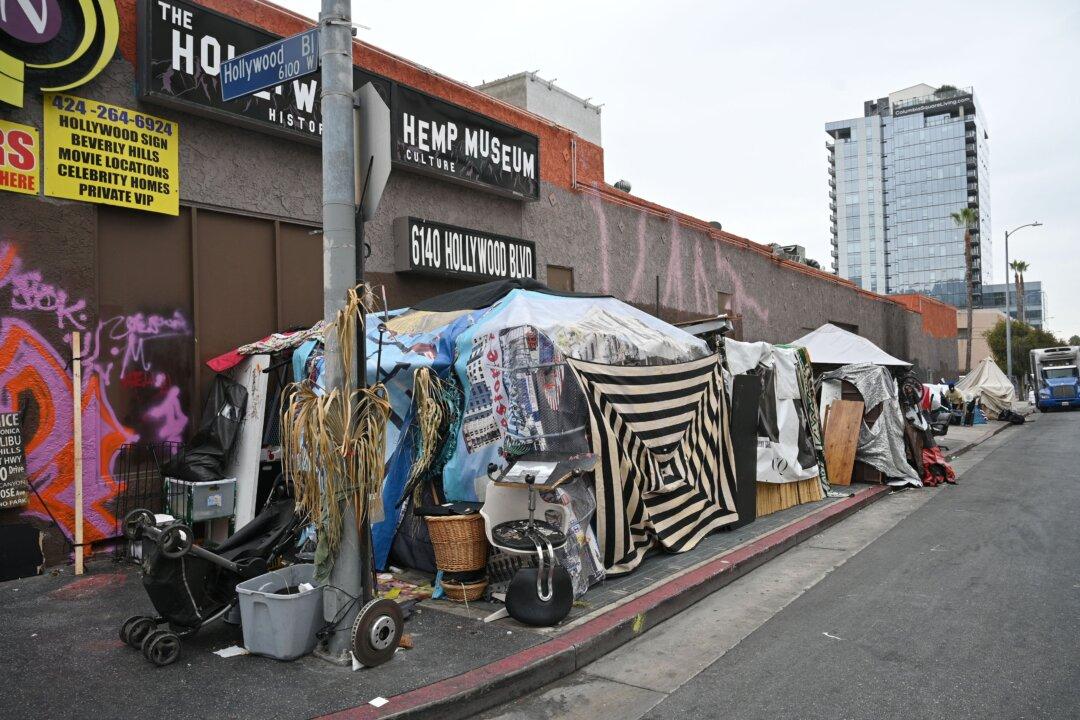Commentary
Just about everywhere you go, you’re being encouraged to give money to an organization that needs it to operate and benefit people who are less fortunate than yourself. Our concept of helping is relinquishing our hard-earned money as a sacrifice for a greater good, which is a sacrifice we often gladly participate in.





